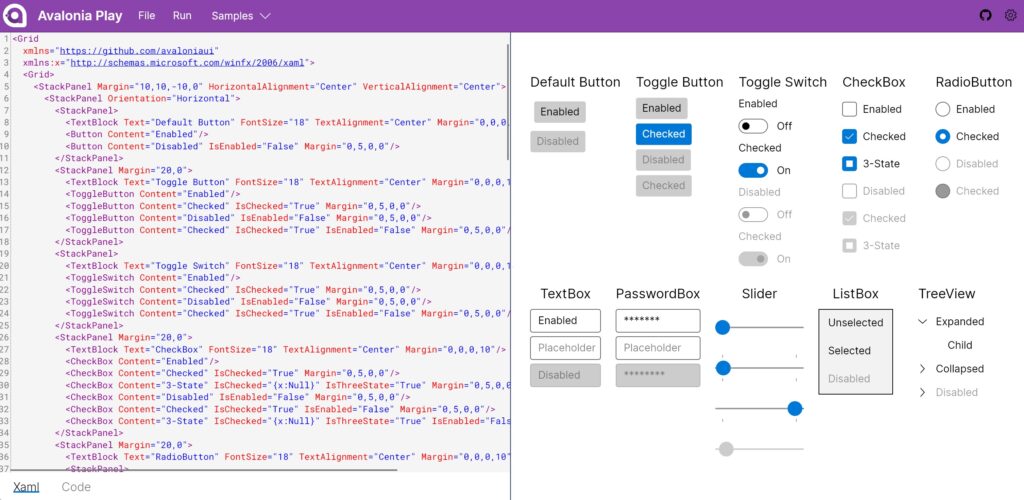
The Avalonia UI project, which offers .NET developers a cross-platform UI (user interface) framework similar to WPF (Windows Presentation Foundation), is being boosted by US $3 million sponsorship for its open-source code, supplied by a customer keen to secure its future.
The three-year funding comes from Canadian company Devolutions, whose products include a cross-platform password manager and remote desktop solutions. The sponsorship is conditional on Avalonia code remaining under the MIT licence, and Devolutions CEO David Hervieux said the intention is to “give back to the ecosystem we rely on.”
In context, the funding is substantial. The latest available public accounts for Estonia-based Avalonia OÜ, the company set up to run the project, show revenue for the year ending December 2023 as €394,981. According to CEO Mike James, the business has a team of 13 people, now set to be increased. He also said that revenue had increased since 2023, “including 69 percent growth in the first half of 2025 alone.” The new sponsorship contrasts to just €15,418 received from GitHub sponsors over the last three years, James added.
The company’s profitability has come in part from focusing on commercial work rather than open-source contributions. Although the core of Avalonia UI has remained open source, there are paid-for tools and components in the recently introduced Avalonia Accelerate, as well as a paid-only version of Avalonia called XPF which has more complete WPF compatibility.
This commercial work has sustained but also undermined the open-source project. For example, the readme for the TreeDataGrid component states: “we answer and review only pull requests and issues that are created by our customers.” Accelerate includes new WebView and media player components that are not in the open source project, while the TreeDataGrid has an “enhanced, paid version” in Accelerate, according to a post earlier this year.
Regarding the split between commercial work and open source work, James said “this sponsorship completely removes that conflict, allowing us to deliver our roadmap more quickly and benefit every developer who builds with Avalonia.”
James told DevClass there will be “no changes to Avalonia Accelerate licensing.” There will however be “more of the team having a focus primarily on Avalonia rather than commercial work.”
The sponsorship is specifically for what James described as community benefit work, defined as “activities that provide value to users and developers who utilise Avalonia without charge.” That said, this work could originate from commercial customer requests, he told us, “provided the resulting improvements are made freely available to all users of the Avalonia Core Framework.”
What does Devolutions get in return for its sponsorship? “Devolutions receives early roadmap visibility, Accelerate licences for their team, and a limited bank of professional services hours. These are essentially the same benefits available to any enterprise customer. We retain full discretion over what work we accept,” James told us.
Although the sponsorship will boost AvaloniaUI, it seems that the balance between commercial and open-source work will remain a point of friction in the community. In response to the announcement, some users were quick to ask for adding “Avalonia accelerate to core.”

There are many cross-platform UI offerings for .NET, including Microsoft’s MAUI (multi-platform app UI) and Blazor Hybrid, and the third-party Uno platform. Avalonia has proved popular though since it offers the most straightforward migration path from WPF and does not depend on WinUI or Mac Catalyst. Avalonia’s mobile support is weak, however, and there are plenty of small things where work is needed. Another common complaint is weak documentation and tutorials, and lack of an advanced data grid control, especially if the TreeDataGrid open-source version remains deliberately constrained.
Open-source sustainability is a difficult problem and a limited-time sponsorship will not fix it for Avalonia forever. That said, a healthy open-source community is necessary for Avalonia to thrive long-term so the company will need to steer a path that provides open source users with a complete solution, rather than one that requires commercial extensions to be viable.
